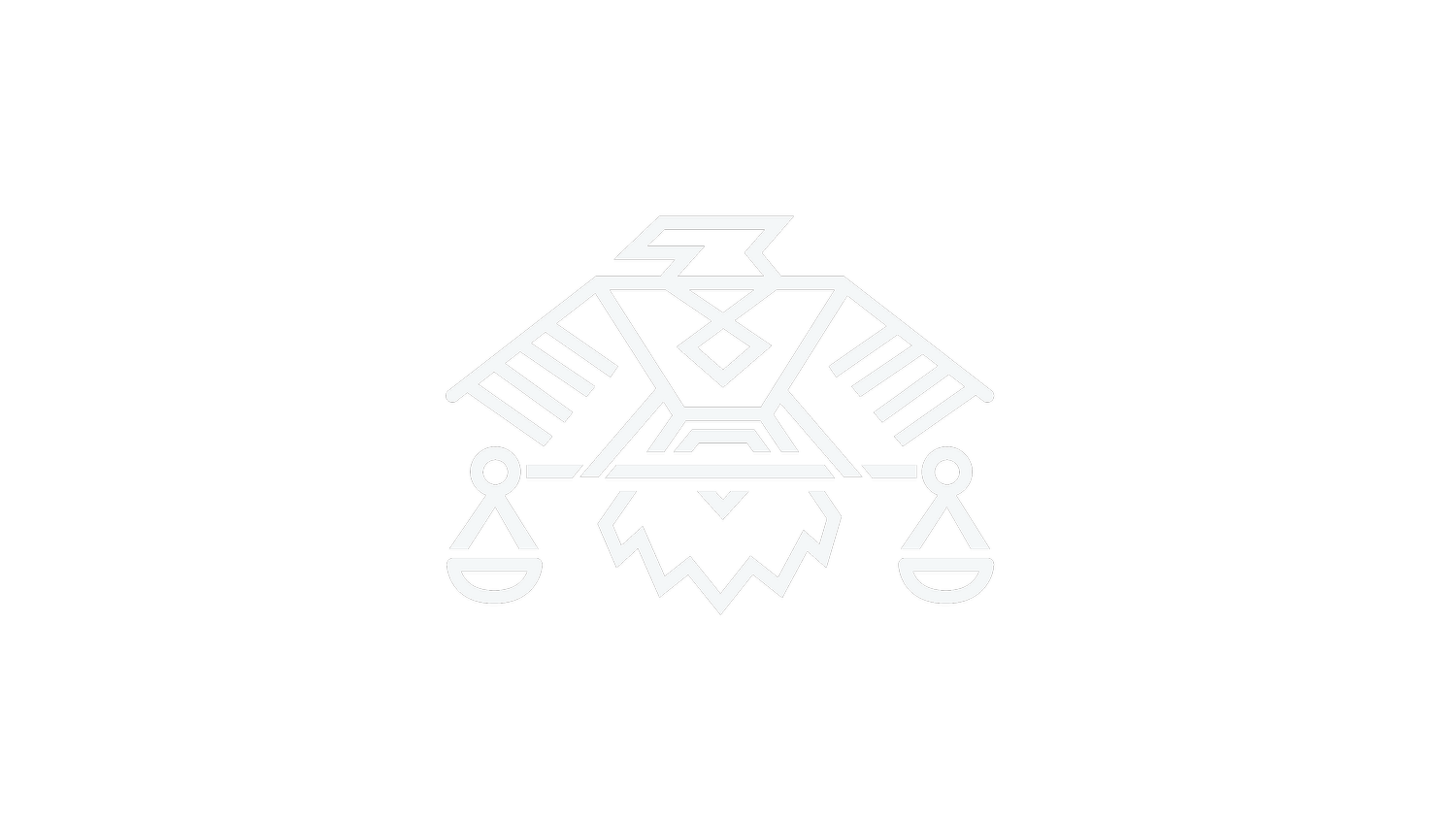Indigenous Bar Association Raises Serious Concerns About Bill C-5 and Calls for Meaningful Consultation with Indigenous Peoples
FOR IMMEDIATE RELEASE
June 26, 2025
The Indigenous Bar Association (IBA) expresses deep concern regarding the federal government’s proposed Bill C-5, which includes the Building Canada Act, and its far-reaching implications for the rights of Indigenous Peoples in Canada.
As legal professionals dedicated to the recognition and implementation of Indigenous laws, rights, and legal traditions, the IBA strongly opposes the provisions of Bill C-5 that would permit the federal Cabinet to unilaterally fast-track infrastructure projects deemed to be in the “national interest” without ensuring meaningful consultation and without requiring the free, prior, and informed consent (FPIC) of Indigenous Peoples, as guaranteed by the United Nations Declaration on the Rights of Indigenous Peoples (UNDRIP).
“Canada cannot build a nation by bulldozing through the rights of the original Nations of this land,” said Drew Lafond, President of the IBA. “Bill C-5, in its current form, reflects a troubling return to unilateral decision-making and executive overreach that directly violates Canada’s constitutional and international obligations.”
While the preamble of Bill C-5 refers aspirationally to respecting Indigenous rights, the legislation lacks binding provisions that would operationalize those commitments. The Act grants sweeping powers to the federal Cabinet to designate projects as being in the national interest—thereby exempting them from key environmental assessments and other federal oversight mechanisms—with only vague and discretionary references to Indigenous consultation. There is no requirement for consent, and no definition of what constitutes meaningful engagement, leading to a potential return to “consult and accommodate” practices that have consistently failed to meet the standards of FPIC.
“Consultation without consent is no longer acceptable,” added President Lafond. “UNDRIP is not symbolic. The United Nations Declaration on the Rights of Indigenous Peoples Act (UNDA) received Royal Assent in 2021 and Canadian laws must remain consistent with it. Bill C-5 sets a dangerous precedent by treating Indigenous rights as procedural hurdles instead of substantive constitutionalized rights.”
The IBA calls for the immediate withdrawal or significant amendment of Bill C-5 to include the following:
Strengthen Environmental Safeguards: Amendment to removal of Sections 22 and 23 of Bill C-5, which allow the Governor in Council to exempt national interest projects from federal statutory or regulatory provisions. Make environmental protections legally binding and ensure rigorous environmental assessments are upheld during project approval.
Enhance Indigenous Consultation: Define “meaningful consultation” and require free, prior, and informed consent from Indigenous communities at every stage of the project approval process.
Increase Public Participation: Enable meaningful public consultation and participation in project approvals to ensure transparency and accountability, including removal of section 19 of Bill C-5, which excludes key provisions of the Impact Assessment Act for national interest projects.
Limit Ministerial Discretion: Reduce excessive ministerial discretion and establish clear criteria for project designation and approval.
As Bill C-5 moves through Parliament, the IBA calls on the federal government, and urges all Members of Parliament and Senators, to reaffirm its commitment to genuine reconciliation and the rule of law by ensuring full respect for the constitutional—Aboriginal and Treaty—rights of Indigenous Peoples, upholding the honour of the Crown, and adhering to the delivery of the Truth and Reconciliation Commission’s 94 Calls to Action.
The Indigenous Bar Association stands ready to support Indigenous communities in protecting their rights through all available legal and political avenues.
The IBA is the national non-profit organization representing Indigenous (First Nation, Métis, and Inuit) lawyers (practicing and non-practicing), judges, legal academics and scholars, articling clerks and law students, including graduate and post-graduate law students and paralegals in Canada. The IBA’s mandate includes, inter alia, advocating for the recognition of Indigenous laws, legal traditions, protocols and processes; promoting the reform of policies and regulations affecting Indigenous peoples in Canada; and fostering public awareness within the legal community in respect of legal and social issues of concern to Indigenous peoples in Canada. For more information, please visit www.indigenousbar.ca.

